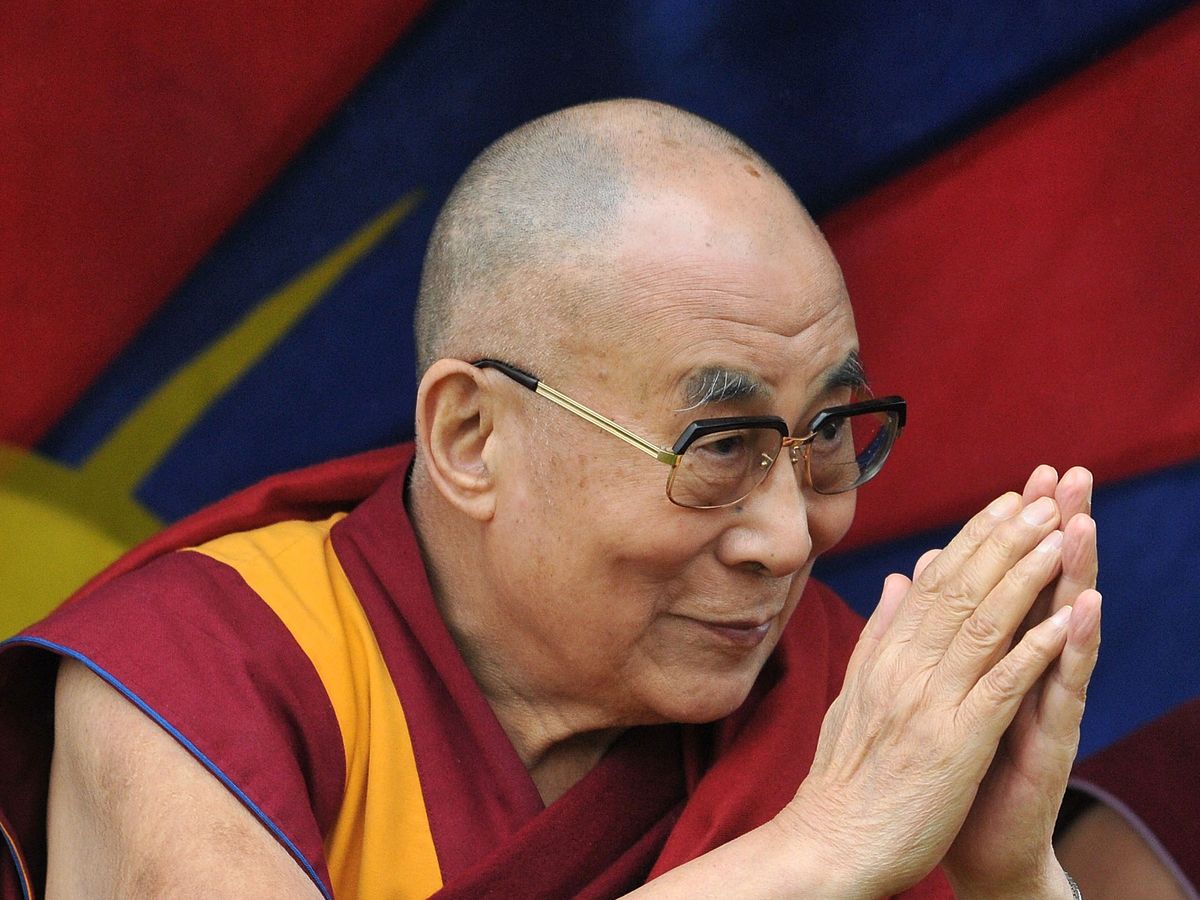
#Dalai lama
The Dalai Lama, a famous spiritual leader and icon of Tibetan Buddhism, has captivated the hearts and minds of people all over the world with his deep teachings on peace, compassion, and inner well-being. Tenzin Gyatso, the 14th Dalai Lama, is not just a spiritual leader but also a global icon for his persistent efforts to promote human values, interfaith dialogue, and social justice. In this article, we look at the Dalai Lama’s life and contributions, as well as the influence of his teachings and his incredible journey.
The Early Life of the Dalai Lama
Tenzin Gyatso was born on July 6, 1935, in Taktser, a small village in northeastern Tibet. At the age of two, he was recognized as the reincarnation of the 13th Dalai Lama and was subsequently enthroned as the spiritual leader of Tibet. His childhood was marked by intensive religious training and education, preparing him for his future role as both the political and spiritual leader of Tibet.
Challenges and Exile
When China invaded Tibet in 1950, it triggered a period of instability and unrest in the Dalai Lama’s life. His efforts to engage with the Chinese government were greeted with opposition, and by 1959, he was compelled to quit Tibet and seek sanctuary in India due to rising violence. He has since lived in Dharamshala, India, where he founded a government-in-exile and advocated for Tibetan autonomy and the preservation of Tibetan culture.
Teachings on Peace and Compassion
One of the central themes of the Dalai Lama’s teachings is the promotion of peace and compassion. He advocates for non-violence and dialogue as the means to resolve conflicts, not only on a global scale but also within individual hearts. His emphasis on inner peace as a foundation for world peace has resonated with people of all backgrounds and beliefs. His Holiness believes that compassion is the key to a harmonious world and has written extensively on the subject, including his book “The Art of Happiness.”
Interfaith Dialogue and Universal Ethics
The Dalai Lama is a strong proponent of interfaith dialogue and has engaged in discussions with leaders from various religious traditions. He believes that while religions may have different rituals and doctrines, they share a common goal of promoting love, compassion, and human values. His efforts to foster understanding among different faiths have played a vital role in promoting global harmony.
Environmental Stewardship
In recent years, the Dalai Lama has also become a vocal advocate for environmental sustainability. He recognizes the interconnectedness of all living beings and the planet, urging people to take responsible actions to protect the environment. His teachings on ecological ethics underscore the importance of living in harmony with nature.
Legacy and Impact
The Dalai Lama’s impact extends far beyond the borders of Tibet. He has received numerous awards and honors for his efforts to promote peace and human rights, including the Nobel Peace Prize in 1989. His teachings have inspired countless individuals to lead more compassionate and meaningful lives, and his influence can be seen in the growing interest in mindfulness, meditation, and inner well-being worldwide.
Conclusion
The Dalai Lama’s life is a testament to the power of compassion, resilience, and spiritual wisdom. He has faced tremendous challenges, including exile from his homeland, yet he continues to be a beacon of hope and inspiration for people around the world. His message of peace, compassion, and universal ethics transcends cultural and religious boundaries, reminding us of the fundamental human values that unite us all. As we reflect on the life and teachings of the Dalai Lama, we are reminded of the enduring potential for positive change that resides within each of us.








